‘She wrote fiction?’ Even today, with the admirable ladies at Virago nearly finished reissuing her dozen novels, Elizabeth Taylor remains mostly unknown except to fellow novelists, literary journalists, worthier publishing types, and a handful of dedicated readers. Even Nicola Beauman felt obliged to call her wonderful 2009 biography The Other Elizabeth Taylor so as to avoid confusion with the overrated actress whose debut film, National Velvet, was released only a few months prior to the publication of Taylor’s first novel.
It cannot help her reputation that she had a majority of her papers burned, produced no journalism and kept her distance from literary London, writing only to friends such as Ivy Compton-Burnett and Barbara Pym, kindred spirits of sorts. Nor does it work in her favour that, unlike Pym, Taylor was a lifelong atheist and for many years a member of the British Communist Party, which would seem to exclude her from the ranks of novelists likely to be favoured by Britain’s few remaining excellent women. She lived a quiet life in a Buckinghamshire village with her husband Ray Russell, a chocolate maker and fellow communist, publishing a novel every few years until her death in 1975. Elizabeth Jane Howard was once asked to write Taylor’s life, but declined on the grounds that nothing had ever happened to her.
After reading Taylor’s seventh novel, Angel, Mark Olgivie-Grant wrote that it was ‘a good book, but she didn’t write it’. The idea that Angel, first published in 1957, is somehow anomalous is common among Taylor fans, but I have never understood it. All her familiar hallmarks — the elegant but unfussy prose, the arctic attitude towards her characters, the Citizen Kane-like chronological leaps — are here. When the novel begins, Angelica ‘Angel’ Deverell, aged 15, is a would-be writer whose school essays are made up entirely of purple patches. (Her teacher suspects that these are cribbed from ‘Ruskin and Pater’: a very good and subtle dig at those two old gasbags.) Like one of our own purveyors of Kindle erotica, Angel is a monstrous egoist with little or no interest in literature as such. Here she is in conversation with Theo, her eventual publisher:
‘Then you are a great reader, perhaps?’
‘No, I don’t read much. I haven’t got any books, and nowadays I am always writing.’
‘But even so, most authors take some interest in the works of others. Is there no public library you could join?’
A little colour came to her cheeks and she said, ‘I don’t think I should want to.’
Her first novel is rubbished by critics but goes on to sell extraordinarily well. After this nothing much happens to Angel. She marries a painter called Esmé who is an ineffectual dork. She writes tawdry bestseller after tawdry bestseller and torments everyone around her. She buys a sizable hellhole called Paradise House (a bit obvious, but among Taylor’s only bad jokes) where her aunt has worked as a domestic and which she goes broke trying to keep up. She finally dies, convinced of her own genius: ‘ “I am Angel Deverell,” she said and the words were very loud and triumphant and echoed around the room.’
According to Nicola Beauman, Angel is based in part on Marie Corelli, the author of late-Victorian romances whose fans included Her then-Majesty and, later, Randolph Churchill. (Today Corelli is mostly remembered, if at all, for supplying Joyce’s Stephen Dedalus with The Sorrows of Satan, the title of his rude update of Paradise Lost.) But the book is not really a roman à clef so much as it is a kind of horrifying anti-memoir, Taylor’s sounding of her own experience and dredging up her worst fears as a young female writer: mawkishness, philistinism, naïveté, stupidity, solipsism.
This edition, which contains a perceptive introduction by Hilary Mantel, who tells us that as a girl she came ‘dangerously close to writing’ books similar to Angel’s, is a handsome but inexpensive hardback. It looks much nicer than the ugly print-on-demand Compton-Burnetts recently out from Bloomsbury. This, I think, is to the good: the author of Angel was not only more talented but possibly more beautiful than the other Elizabeth Taylor. She ought to be at least as well known.
Got something to add? Join the discussion and comment below.
Get 10 issues for just $10
Subscribe to The Spectator Australia today for the next 10 magazine issues, plus full online access, for just $10.
Available from the Spectator Bookshop, £11.69, Tel: 08430 600033
You might disagree with half of it, but you’ll enjoy reading all of it. Try your first month for free, then just $2 a week for the remainder of your first year.

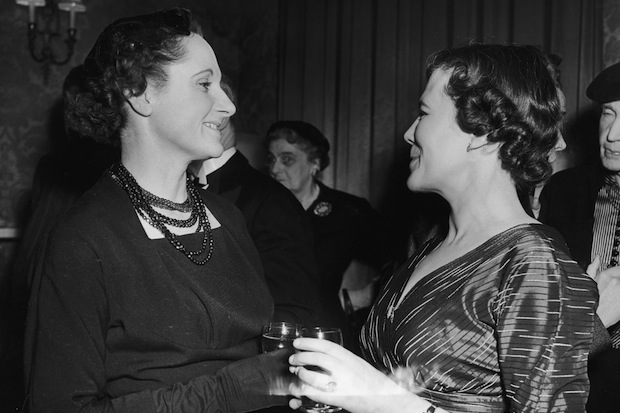
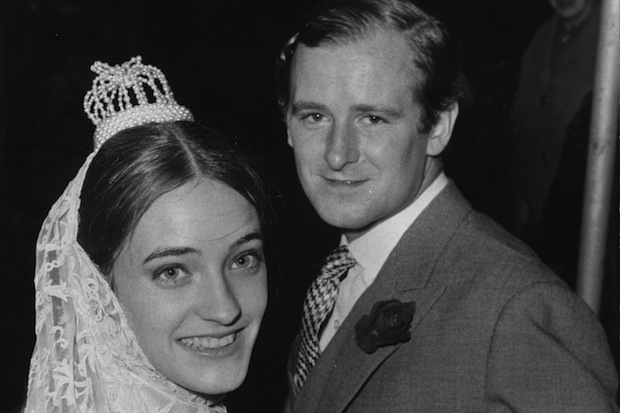
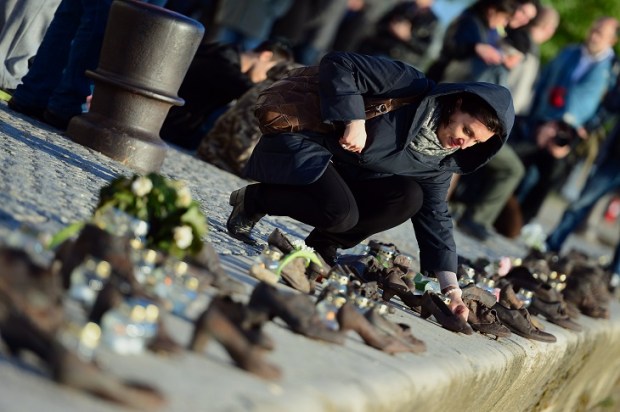
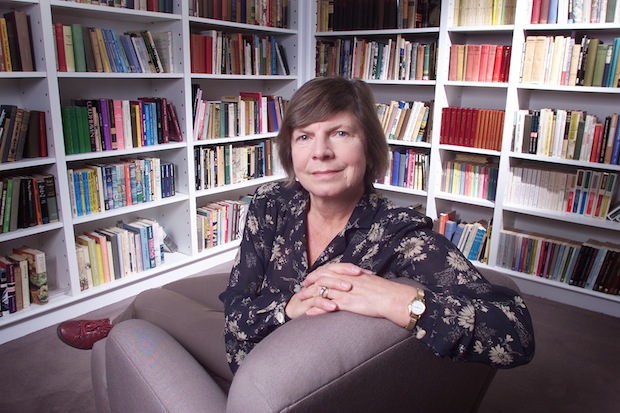

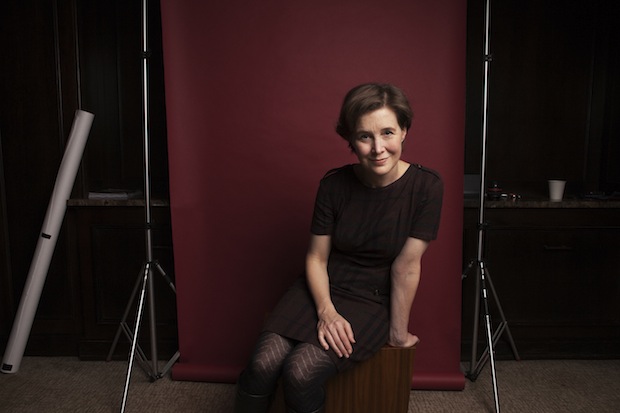







Comments
Don't miss out
Join the conversation with other Spectator Australia readers. Subscribe to leave a comment.
SUBSCRIBEAlready a subscriber? Log in